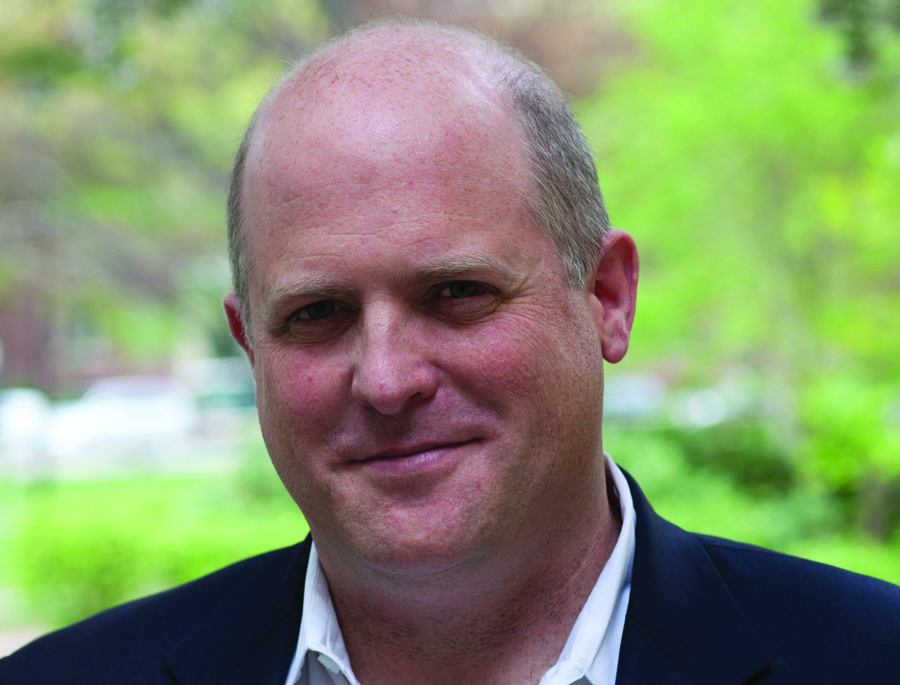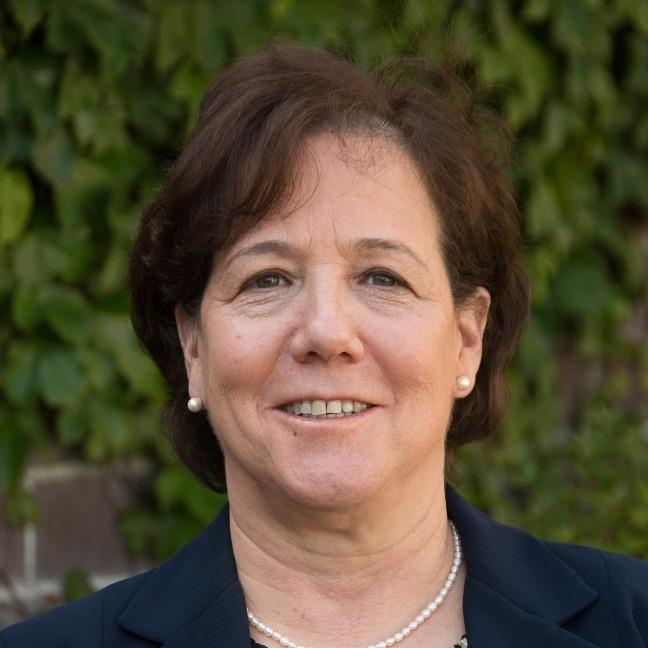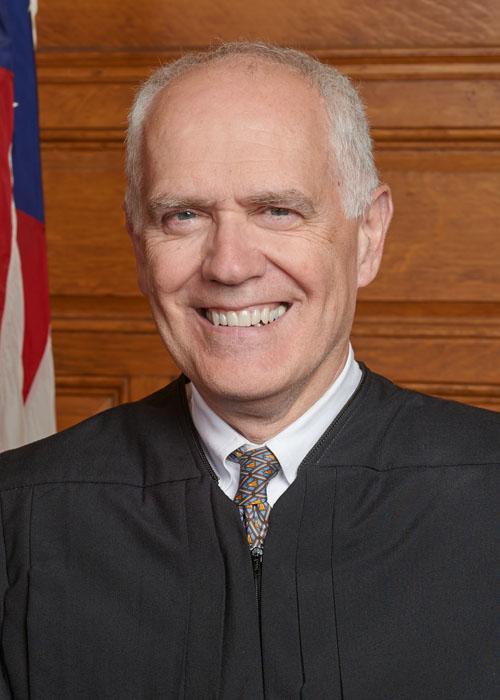Doom or mere gloom: Is there hope for avoiding Climate Collapse?
Thursday, June 1
2:20 P.M. – 3:20 P.M.
Northwest Labs
Summary:
This program will address the following questions:
- What do we now know about the predicted impacts of climate change?
- What potential alternative energy, carbon capture, geo-engineering or other solutions might be available to address the problem?
- What can be done to mitigate the problem and address the risks while considering the opportunities?
- Is there cause for optimism that we are up to the task?
Panelists:
 Daniel P. Schrag
Daniel P. Schrag
Daniel P. Schrag is the Sturgis Hooper Professor of Geology at Harvard University, Professor of Environmental Science and Engineering, and Director of the Harvard University Center for the Environment. Schrag studies climate and climate change over the broadest range of Earth history. He is particularly interested in how information on climate change from the geologic past can lead to better understanding of anthropogenic climate change in the future. In addition to his work on geochemistry and climatology, Schrag studies energy technology and policy, including carbon capture and storage and low-carbon synthetic fuels. From 2009-2017, Schrag served on President Obama’s Council of Advisors on Science and Technology. Among various honors, he is the recipient of the James B. Macelwane Medal from the American Geophysical Union and a MacArthur Fellowship. Schrag earned a B.S. in geology and geophysics and political science from Yale University and his Ph.D. in geology from the University of California at Berkeley. He came to Harvard in 1997 after teaching at Princeton.
 Mindy S. Lubber
Mindy S. Lubber
Mindy S. Lubber is the CEO and President of the sustainability nonprofit organization Ceres. Prior to Ceres, Lubber served as a Regional Administrator at the U.S. Environmental Protection Agency under President Bill Clinton. She also founded Green Century Capital Management and served as the director of the Massachusetts Public Interest Research Group (MASSPIRG). At Ceres, Lubber leads the organization's executive leadership team and more than 200 employees working to mobilize the most influential investors and companies to solve the world’s greatest sustainability challenges. She has been at the helm since 2003, and under her leadership, the organization and its powerful networks and global collaborations have grown significantly in size and influence. As a well-known global thought leader on climate change, Lubber has inspired capital market leaders including global coalitions of institutional investors and corporate boards and executives to factor environmental, social and governance (ESG) practices into their overall strategies. She is frequently quoted in top business and financial news outlets and pens a regular column for Forbes.com on a variety of topics that have strengthened the economic and financial case for sustainability action and elevated concepts, such as climate and water risk, to the mainstream business community. She regularly speaks to high-level world and national policymakers on the need for stronger clean energy and water policies and regulations, and has helped change the political conversation around tackling our greatest sustainability challenges to one focused on jobs and the economy. In 2015, Lubber helped catalyze the necessary business support to get the historic Paris Agreement across the finish line, leading Vogue Magazine to name her a “Climate Warrior.” She has received numerous awards and recognitions for her leadership. In 2020, Lubber was awarded the United Nations ’Champions of the Earth’ Entrepreneurial Vision award. In the same year, Lubber made Barron’s Magazine’s list of the 100 most influential women in U.S. finance, and then again in 2021. She has also received the Climate Visionary Award from the Earth Day Network, William K. Reilly Award for Environmental Leadership from American University, and the Skoll Award for Social Entrepreneurship from the Skoll Foundation. She has been recognized by the United Nations and the Foundation for Social Change as one of the World’s Top Leaders of Change. In 2019, 2020, and 2021, Ceres was named a top 100 women-led businesses in Massachusetts by the Globe Magazine and Commonwealth Institute. Lubber earned her B.A. in business administration from the University of Buffalo in 1975, her MBA from the University of Buffalo in 1976, and her JD from Suffolk Law School in 1983.
 Phil Duffy, '78
Phil Duffy, '78
Phil Duffy is a scientist who is dedicated to understanding and managing the human consequences of climate change. Since 2021 he has served in the White House Office of Science and Technology Policy, where he helps to form and implement the President’s climate agenda. Prior to rejoining government, he was President and Executive Director of the Woodwell Climate Research Center (formerly Woods Hole Research Center), which helps to manage climate change through use-inspired research. In the Obama administration, Dr. Duffy served as a Senior Policy Analyst in the White House Office of Science and Technology Policy and as a Senior Advisor in the US Global Change Research Program. Before joining the White House, Dr. Duffy was Chief Scientist at Climate Central, a climate change communications organization. At Lawrence Livermore National Laboratory, Dr. Duffy was a Senior Scientist and Deputy Division Leader in the Atmospheric Science Division, and led research on impacts of climate change in California and the west, including wildfire and water scarcity. He also did the first climate model simulations of solar radiation management, and the first-ever global climate simulations at resolutions as fine as 50 km. He has held visiting positions at the Carnegie Institution for Science, Stanford University, and the University of California, Merced. He holds a bachelor’s degree magna cum laude from Harvard in astronomy and astrophysics and a PhD in applied physics from Stanford.
 Moderator: James R. Milkey, ‘78
Moderator: James R. Milkey, ‘78
James R. Milkey is an associate justice of the Massachusetts Appeals Court, having been nominated for that position by Governor Deval Patrick in 2009. Before that, he was Chief of the Environmental Protection Division of the Massachusetts Office of the Attorney General. There, he served as counsel of record in Massachusetts v. EPA, 549 U.S. 497 (2007), which addressed the Environmental Protection Agency's responsibility to regulate greenhouse gas emissions under the Federal Clean Air Act, and he successfully argued that case before the United States Supreme Court. Milkey has lectured frequently on climate change, enforcement, brownfields, and regulatory takings issues. Among the awards he has received are Public Servant of the Year (2006) from the Environmental League of Massachusetts; one of ten "Lawyers of the Year" (2007) by Lawyers USA; American Bar Association Award for Distinguished Achievement in Environmental Law and Policy; and a lifetime achievement award from the Environmental Protection Agency-New England. Milkey earned an A.B. in history and science at Harvard College in 1978 and a JD at Harvard Law School and a masters in city planning at MIT in 1983.
